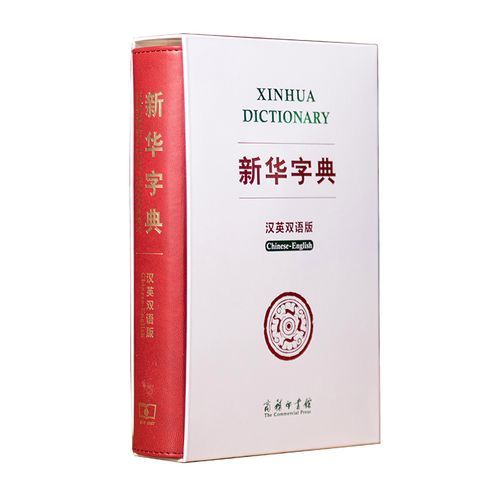tle: The Linguistic Diversity and Usage Differences between "You" and "Your" in English
The English language, with its rich tapestry of words and phrases, presents a myriad of opportunities for expression. Among these, the terms "you" and "your" are two that are used interchangeably but carry distinct connotations, each with their own nuances and implications. In this essay, we explore the differences between "you" and "your," as well as their usage and application in different contexts, to provide a comprehensive understanding of this often overlooked aspect of English grammar.
I. Definitions and Origins
The term "you" is a pronoun that refers to a person or people collectively, while "your" is a possessive form that indicates ownership or possession. Historically, "you" has its roots in Old English, where it originally meant "the man." However, over time, the use of "you" expanded to include both genders and was redefined as referring to "the people." On the other hand, "your" evolved from the Old French word "tous," meaning "all," and later took on the specific meaning of "possessor" or "belonging to someone."
II. Usage Differences
A. "You" vs. "Your"
-
Gender-Related Differences: The use of "you" can be gender-neutral, whereas "your" is typically used with reference to a specific individual or group. For example, "I have your book" implies ownership and possession, while "I have your attention" suggests a need for your focus or consideration.
-
Degree of Specificity: "You" is more general, encompassing a broader range of people, while "your" is more specific, indicating ownership or possession of something. For instance, "You have a good sense of humor" is more neutral and doesn't imply ownership, whereas "Your sense of humor is excellent" is more specific, suggesting that you possess a unique ability to make others laugh.
-
Pronoun Agreement: In written English, "you" generally follows the subject of the sentence, while "your" follows the object of the sentence. This is because "you" is used to refer to someone or something, while "your" is used to indicate belonging or possession. For example, in the sentence "She gave you her phone," "you" follows the subject "She," while "her" follows the object "phone."

-
Contextual Use: In casual conversations, "you" is often used to address a group of people, while "your" is reserved for individuals. For instance, "Let's go to your favorite restaurant," implies ownership or possession, while "Let's go to your favorite restaurant," is more neutral.
-
Grammatical Usage: In formal writing, "you" is used when referring to someone or something, while "your" is used when indicating ownership or possession. For example, in the sentence "Please send me your resume," "you" follows the subject "resume," while "your" follows the object "resume."
B. Synonyms and Antonyms
-
While "you" and "your" share many similarities, they also differ in terms of their synonyms and antonyms. For example, "you" can be synonymous with "yourself" or "yourselves," while "your" cannot. Additionally, "you" can be antonymous with "he," whereas "your" cannot.
-
These differences highlight the nuanced nature of language and the importance of understanding the context in which they are used.
III. Application in Different Contexts
A. General Expressions
In everyday conversations, the choice between "you" and "your" often depends on the intended message. For instance, if you want to emphasize ownership or possession, you might say "You have a great sense of humor," while if you want to express neutrality, you might say "You have a good sense of humor."
B. Professional Settings
In professional settings, the use of "you" and "your" becomes even more crucial. For example, in a business letter, you might use "you" to address someone or something, while in a legal document, you might use "your" to indicate ownership or possession.
C. Writing Styles
Different writing styles also influence the use of "you" and "your." For instance, in informal writing, such as emails or social media posts, the use of "you" is more common, while in formal writing, such as academic papers or business reports, the use of "your" is more appropriate.
IV. Conclusion
In conclusion, the terms "you" and "your" are not interchangeable in English, and their usage and meaning vary depending on the context and purpose. By understanding the nuances of these terms and their applications in different contexts, learners can enhance their communication skills and express themselves more effectively in English. As the saying goes, "Language is not just about words; it's about the way you use them." In this case, it's about understanding the subtleties of language use and how to choose the right word at the
本文来自作者[宋语兰]投稿,不代表臻货网立场,如若转载,请注明出处:https://www.zhenhuowang.com/jyhz/202506-4192.html


评论列表(4条)
我是臻货网的签约作者“宋语兰”!
希望本篇文章《您和你的区别和用法新华字典英文翻译:你和您的用法和区别拼音》能对你有所帮助!
本站[臻货网]内容主要涵盖:百科大全、知识汇总、百科经验、常识大全、科普解惑、经验汇总等
本文概览:tle: The Linguistic Diversity and Usage Differences between "You" and "Your" in EnglishT...